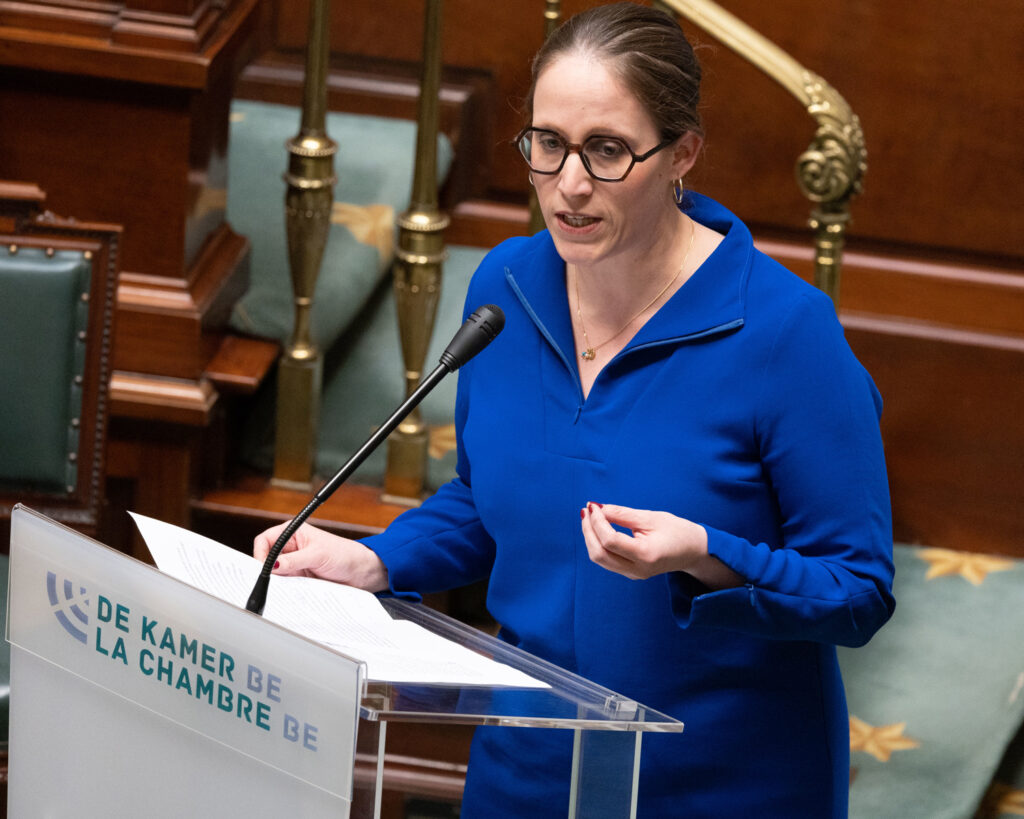The Council of Ministers on Friday approved four bills containing the reforms announced last week by Secretary of State for Asylum and Migration Nicole de Moor following a select committee meeting on the reception crisis, Minister de Moor announced in a statement.
The bills include provisions related to the reserving of accomodation for persons whose asylum applications are being processed, the discontinuing of such accomodation if an application is rejected and other procedures are begun, the obligation to cooperate with repatriation, and the possibility of deploying more escorts.
The bills also seek to combat the abuse of family reunification by making it available to people who are genuinely caring for a child, and not just for the purpose of obtaining papers.
Right of residence for stateless persons
One of the bills would grant the right of residence to stateless people who do not fall under the Refugee Convention, the Prime Minister’s office said in a statement. Such persons must now apply for humanitarian regularisation.
“The creation of this right of residence provides legal certainty and protection for a group of people who are not recognised as nationals by any state and therefore often fall through the cracks,” the government stressed.
Stateless people fleeing persecution in their country of habitual residence must use the procedure for recognised refugees, according to the government.
The application for residence as a stateless person needs to be submitted to the Foreigners’ Office and may result, under certain conditions, in the granting of a five-year right of residence. After this period, the person concerned is granted unlimited residence if he or she still fulfils the conditions.
List of safe countries of origin
The texts have been sent to the Council of State, according to Secretary of State de Moor, who said she hoped Parliament would vote on them as soon as possible.
The Council of Ministers also approved a draft Royal Decree establishing the annual list of safe countries of origin.
This list includes seven countries: Albania, Bosnia-Herzegovina, India, Kosovo, Montenegro, North Macedonia and Serbia. Georgia, which was on the list for a long time, was dropped from it in 2022.
The list is drawn up on the basis of an independent assessment by the Office of the General Commissioner for Refugees and Stateless Persons “in accordance with the Foreigners Act,” the Office of the Prime Minister said.

